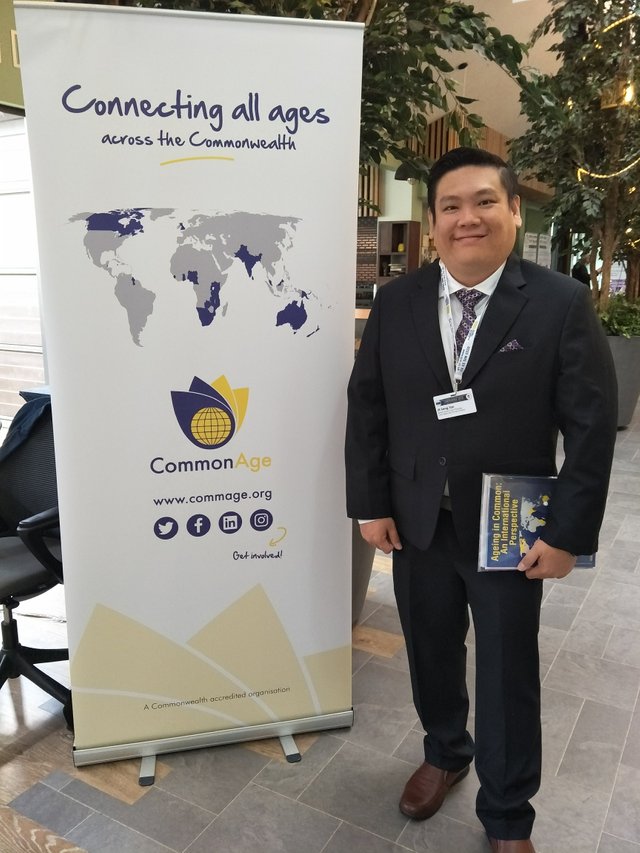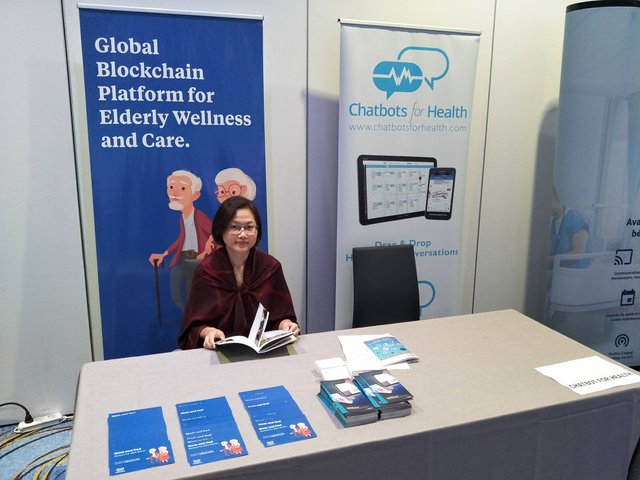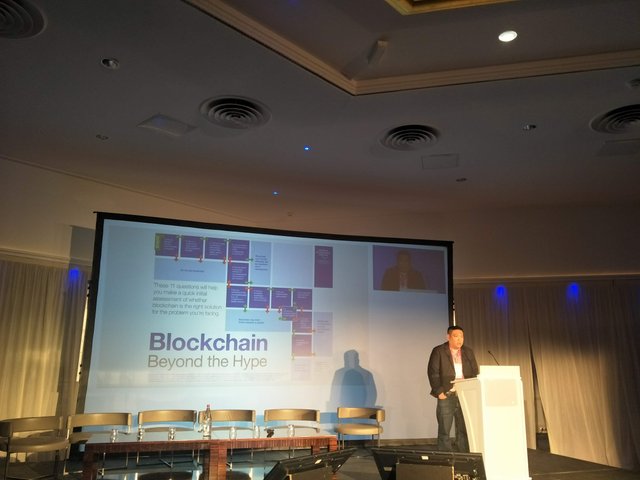Eldercare and eldercare funding will be bigger as te society ages. From the CommonAge Conference in Reading UK, England in April 2018, Singapore was singled out as heading toward a hyperaged society in the next 10 to 15 years.
We are growing older and growing older faster as a population.

Funding for care can be very tricky and complex in our local Singapore system with frequent policy changes and additions. In the past 10 to 15 years, changes in the subsidised system includes a shift in the way of doing financial MEANS testing, increase the quantum level of subsidies, creating new policies like senior mobility and enabling funds (SMEF), Pioneer Generation packages, changes in disability pay-out programs like IDAPE and Eldershield and revising the amount and length of claims and even creating a brand new policy in CareShield most recently etc. Singapore healthcare system also created Agency for Integrated Care, an organisation taking charge of all the subsidies and handling the continual care of the elderly in intermediate and long-term care sector.
As a physician involving in the care of dependent elderly in the community in the past 10 years, I have seen much changes coming rapidly, and many pilot projects came and gone.

Singapore never believed in a welfare state and kept our taxes reasonably low as such. Healthcare and more importantly, eldercare resources wasn’t there in the early 90ties or even the start of the new millennium. However, in the past 10 to 15 years, both senior care services were encouraged with funding models but restricted to mainly charity organisation and our social enterprise born out of our National Trade Union Congress, borrowing beds from the private nursing homes when needed in a portable subsidy scheme.
As every elderly’s payment is segregated differently due to different financial situations, much paperwork has to be done at every level, from Ministry of Health, to Agency for Integrated Care, to all the charities and vendors provide either health services, transportation services, and furniture/devices/consumables to claiming from the elderly and caregivers for all the above. Different institutions are also limited to the different policies they can claim from, for example, SMEF funding.
There is no easy or transparent method in these claims at the moment and the paperwork is a harsh frustrating reality for everyone involved.
Since many of such services and products are supported by charities, there will be donors and volunteers. Donations to organisations are normally not transparent on their use. Apart from instances such as crowdfunding exercise when the person in need is directly funded, the bulk of donations for eldercare has been through charity organisations.
As charities, many of these organisations will have a volunteer group attached as well supporting their efforts. Many a times, volunteers are not meant to be reimbursed in any material means apart from some pre-agreed situations. Volunteering have also been thought to prevent cognitive decline as well the seniors and should be encourage further with some rewards.

With the introduction of blockchain technology, an internal private token system based on this technology that is transparent may be a good solution for all the issues mentioned above in the community.
The funder here, Ministry of Financial through to Ministry of Health, can introduce their own internal private government token system based of blockchain technology. One of Singapore’s recent startup, Wellderly, is involved in building such a system.
It will be something similar to Fureai Kippu, meaning Caring relationship tickets in Japanese started in 1995 in Japan to reward volunteers. It will also be like food stamps, instead of food, it changes for products and services in eldercare sector. It could also change for food as well in the instance of meals on wheels services!
Smart contracts based on the needs and the MEANS testing results of each elderly can allocated in the blockchain system. The whole process of the funding will be crystal clear to all the parties involved, from the government to the family. Move over, donors can directly donate tokens to the needy elderly and set conditions on how these tokens can be used. The donors can also have a clear and transparent records on how the donations had gone to.
Lastly, tokens can be use as Fureai Kippu, to encourage retirees and able seniors to volunteer in this sector, in bid to use the token perhaps for their own ageing parents requiring such services or for themselves in future. Volunteering in itself has good evidence in reducing cognitive decline as well.
✅ @wellderly, I gave you an upvote on your first post! Please give me a follow and I will give you a follow in return!
Please also take a moment to read this post regarding bad behavior on Steemit.
Downvoting a post can decrease pending rewards and make it less visible. Common reasons:
Submit
Congratulations @wellderly! You received a personal award!
You can view your badges on your Steem Board and compare to others on the Steem Ranking
Do not miss the last post from @steemitboard:
Vote for @Steemitboard as a witness to get one more award and increased upvotes!
Downvoting a post can decrease pending rewards and make it less visible. Common reasons:
Submit